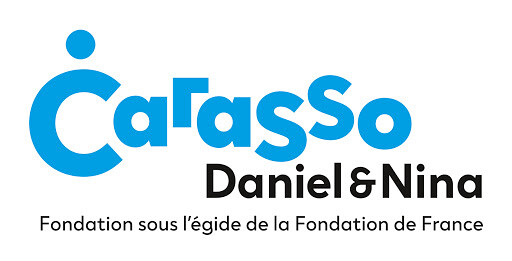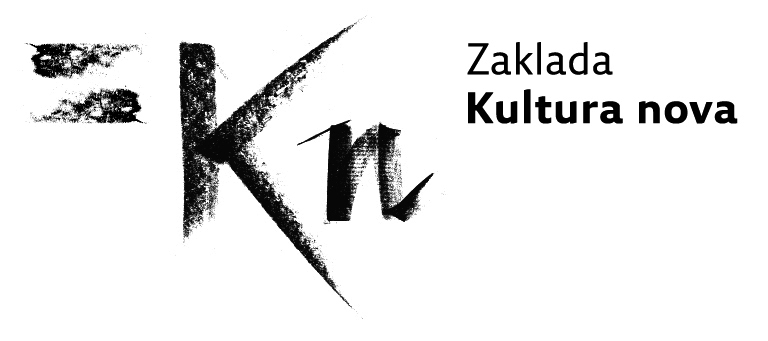MA Art & Ecology
The MA Art & Ecology is a fifteen-month post-graduate programme in South East London, which offers emerging artists the opportunity to deeply engage with pressing ecological issues. The programme encourages artists to explore various art practices connected to ecological contexts, from traditional mediums to innovative approaches like food production, sustainable data, and inter-species care, while addressing ecological challenges within the social justice framework. Students develop a year-long artistic project, acquire real-world skills, and build networks essential for art’s engagement with ecology, enabling them to continue their artistic practice, pursue leadership roles in various fields, or engage in doctoral research.
Environmental Art & Social Practice – Masters of Fine Art degree
This unique two-year residential programme seeks prospective applicants who wish to develop their artwork in relation to social and environmental justice issues, contexts and communities. Headed by internationally recognised artists and including affiliate faculty from across campus, the programme integrates the resources of a major public university with the Art Department’s mission of educating and training students in cross-disciplinary, multimedia art practices. Students translate concerns for environmental and social justice into contemporary art practices through professional training, combining project-based research, seminars, faculty mentorship, electives, visiting artists, and peer critiques. Working individually and collaboratively, in the studio and in the field, students experiment with different approaches to build their practices conceptually and practically, while critically and creatively exploring art’s role as a catalyst for radical change.
Master’s Degree Programme in Environmental Humanities
Participants in this programme take part in an initiative that recognises the humanities’ potential to raise awareness of social-ecological issues and sustainability. The programme offers an English-language curriculum in an international and interdisciplinary environment, blending humanities, cultural studies, natural sciences, and social sciences. Its overarching aim is to train individuals to become specialists in culture, academics and leaders who can drive systemic changes for a sustainable environmental future. Venice’s unique position as a global hotspot for environmental humanities enriches the programme, as the city stands as a crossroads of civilisations, a hub for contemporary art and culture, and a frontline player in combating sea level rise. Students can expect a multifaceted learning experience that combines classroom teaching with experiential fieldwork and internships.


